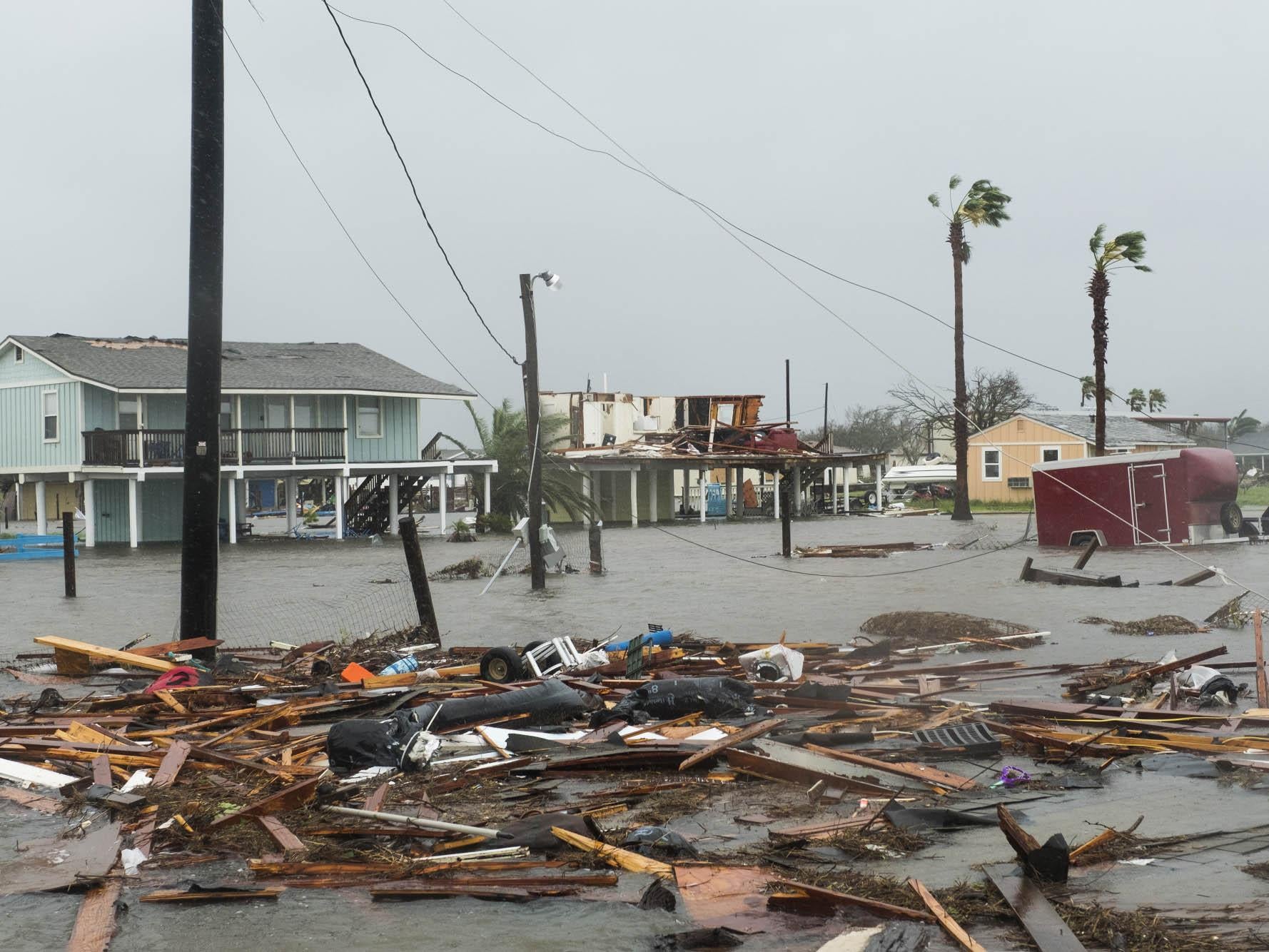This website uses cookies so that we can provide you with the best user experience possible. Cookie information is stored in your browser and performs functions such as recognising you when you return to our website and helping our team to understand which sections of the website you find most interesting and useful.

Climate change is putting people at greater risk from deadly carcinogens while threatening their access to cancer treatment, according to a new study by public health experts.
Extreme weather events like hurricanes and wildfires are increasing in intensity and frequency due to climate change and in turn, release carcinogens into the atmosphere.
Hurricane Harvey battered Louisiana and Texas in 2017 with devastating impacts felt along the Gulf Coast and in the city of Houston. The category-4 storm inundated chemical plants, oil refineries, and Superfund sites that contained vast amounts of carcinogens that were released into the Houston community, the researchers found.
In 2018, an investigation by the Associated Press and Houston Chronicle found more than 100 toxic releases into surrounding communities related to Hurricane Harvey, on land, in water and in the air.
The increase of patients' exposure to carcinogens was compounded by the fact that the hurricane conditions made it difficult for patients to seek preventative care and treatment while also threatening the lab and clinical infrastructure that supports cancer care.
The study was published today in CA: A Cancer Journal for Clinicians by researchers from the American Cancer Society and Harvard University. Cancer is the second-leading cause of death for Americans.
Wildfires are another risk. Global warming has led to longer wildfire seasons in the US that have spread over greater areas. Widespread burning releases vast amounts of air pollutants that are known to cause cancer, the study notes.
Lung cancer is associated with long-term exposure to particle pollution and wood-fire smoke but few studies have been conducted. It’s unclear how short-term exposure to such smoke will affect people, AP reported.
Tackling climate change will have both environmental and health benefits. Reducing greenhouse gas emissions will not only be good for the planet but will reduce air pollutants emitted from combustion processes that are harmful to health, the study noted.
Another proposal for tackling cancer is diet. The Mayo Clinic estimates that around a third of cancer cases could be prevented by switching from animal sources to a plant-based diet.
The agricultural sector is the source of one-third of greenhouse gas emissions with cattle as the main agricultural source of greenhouse gases worldwide, according to UC Davis.
The authors of the new study wrote: "While some may view these issues as beyond the scope of responsibility of the nation's cancer treatment facilities, one need look no further than their mission statements, all of which speak to eradicating cancer.
"Climate change and continued reliance on fossil fuels push that noble goal further from reach.
"However, if all those whose life work is to care for those with cancer made clear to the communities they serve that actions to combat climate change and lessen our use of fossil fuels could prevent cancers and improve cancer outcomes, we might see actions that address climate change flourish, and the attainment of our missions to reduce suffering from cancer grow nearer."



 Africana55 Radio
Africana55 Radio 

